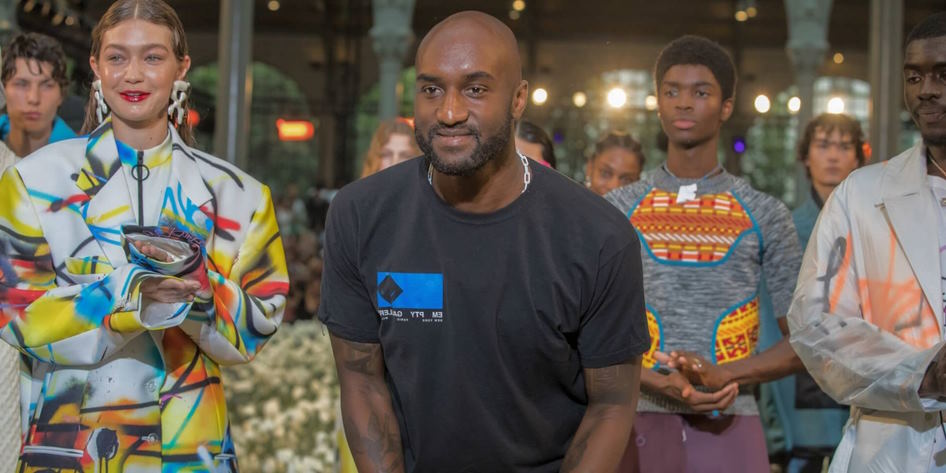
The fashion industry has a long history of cultural appropriation, perpetuating stereotypes, and using predominantly white models. It has contributed to systemic racism within the industry and has led to calls for change. However, the fashion industry also has the potential to contribute to the fight against racism by promoting diversity, inclusion, and cultural understanding.
Acknowledge the Problem
The fashion industry has a long history of perpetuating systemic racism through cultural appropriation, exclusion of models of color, and lack of diversity in its workforce. However, many people within the industry have denied the existence of racism or downplayed its impact. Acknowledging the problem is essential for beginning the process of change. It means recognizing the harm done and committing to doing better in the future.
Diversify the Industry
One of the most important ways the fashion industry can contribute to ending racism is by diversifying its workforce. For example, actively recruiting people of color in all areas of the industry, from designers to models to executives. It also means promoting the growth and success of diverse fashion businesses. In addition, it will help to ensure that different perspectives are represented and that cultural sensitivity is considered.
Promote Inclusion
In addition to diversifying the workforce, the fashion industry can promote inclusion by creating safe spaces for people of all backgrounds. Creating an environment where people feel free to express themselves and their cultures without fear of judgment or discrimination. It also means promoting dialogue and understanding between different cultures and communities. It can be done through initiatives such as diversity training, cultural exchange programs, and community outreach.
Use Fashion as a Tool for Education
Fashion has the power to educate people about different cultures and promote understanding. Designers can use their collections to highlight different cultural traditions and showcase diversity’s beauty. Brands can also partner with organizations that promote cultural understanding and offer their employees and customers educational opportunities. It will not only promote awareness of different cultures but also help to break down stereotypes and promote empathy.
Amplify Voices of Color
The fashion industry can amplify the voices of people of color and provide a platform for their stories to be heard. It can be done by featuring models of color in campaigns and fashion shows, partnering with diverse designers, and highlighting the work of people of color in the industry. By doing so, the fashion industry can celebrate diversity and promote representation while supporting the growth and success of people of color.
Advocate for Change
Finally, the fashion industry can contribute to ending racism by advocating for change on a larger scale. Using its influence to lobby for policies that promote equality and diversity, partnering with organizations that fight against racism and discrimination, and donating to causes that support people of color. By taking a proactive role in advocating for change, the fashion industry can help to create a more just and equitable society.
The fashion industry is responsible for ending racism by promoting diversity, inclusion, and cultural understanding. By acknowledging the problem, diversifying the industry, promoting inclusion, using fashion as a tool for education, amplifying voices of color, and advocating for change, the fashion industry can play an important role in creating a more just and equitable society. It is time for the fashion industry to use its influence and resources to create positive change and become a leader in the fight against racism.































